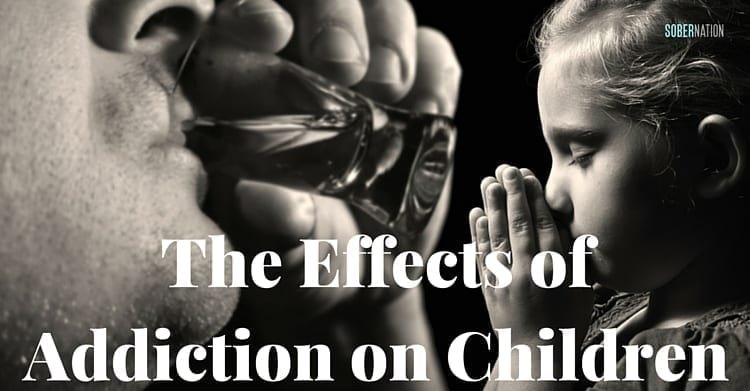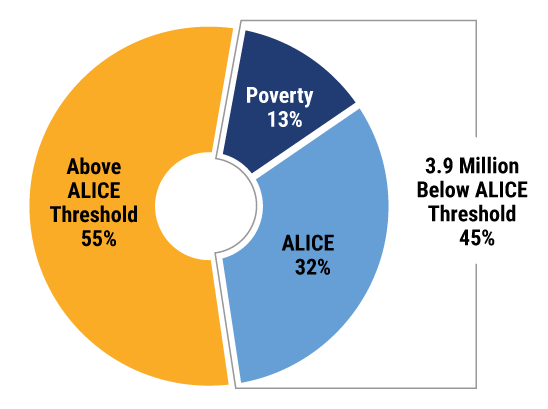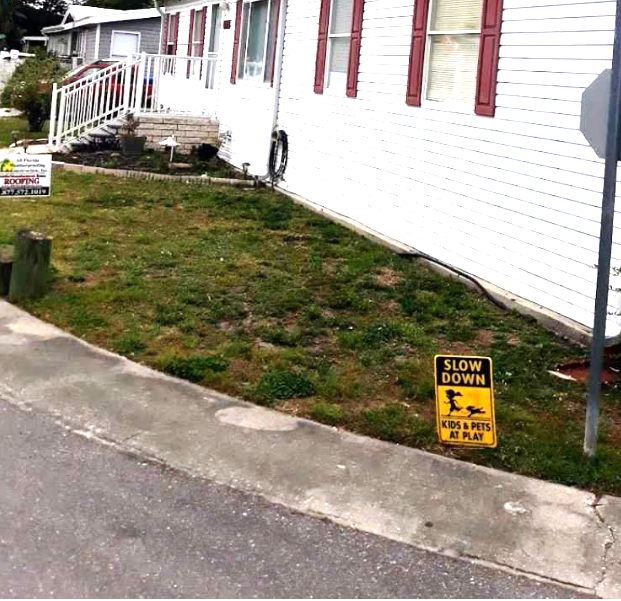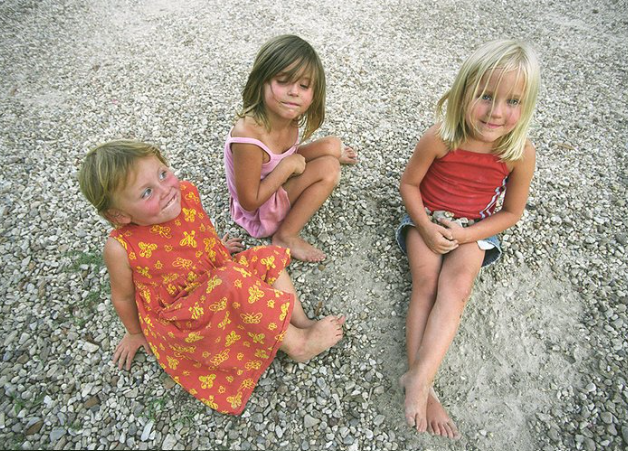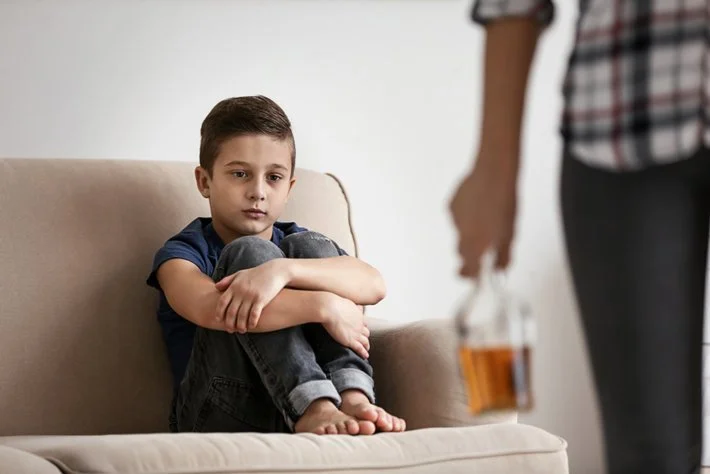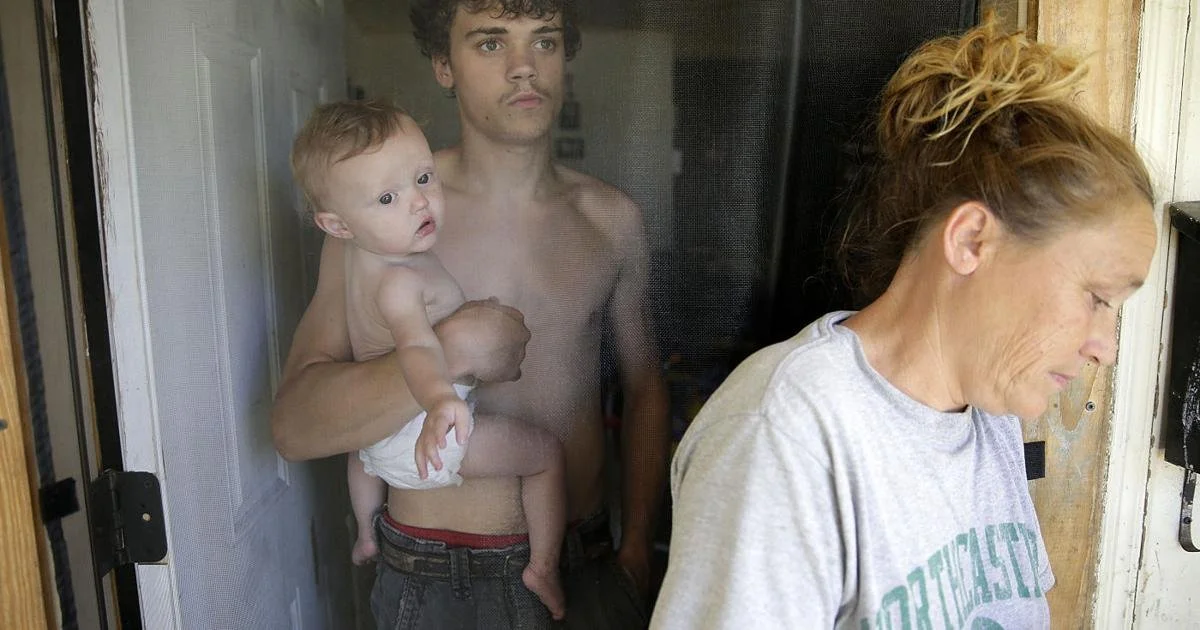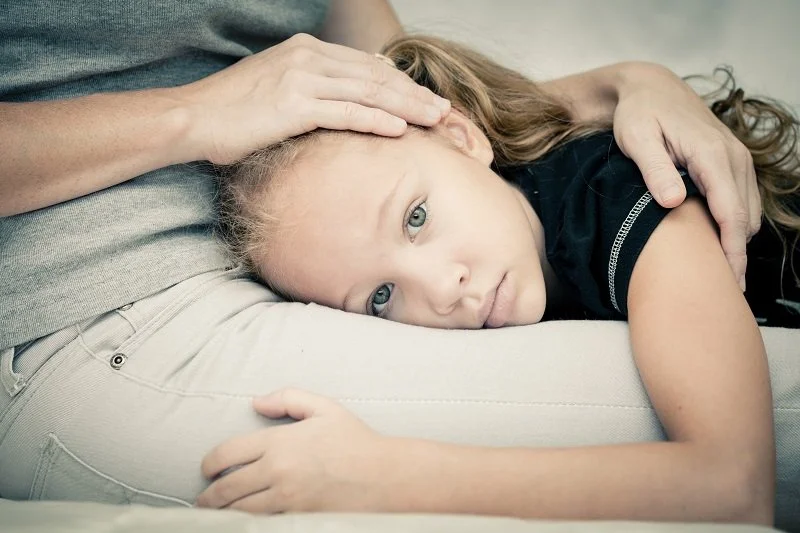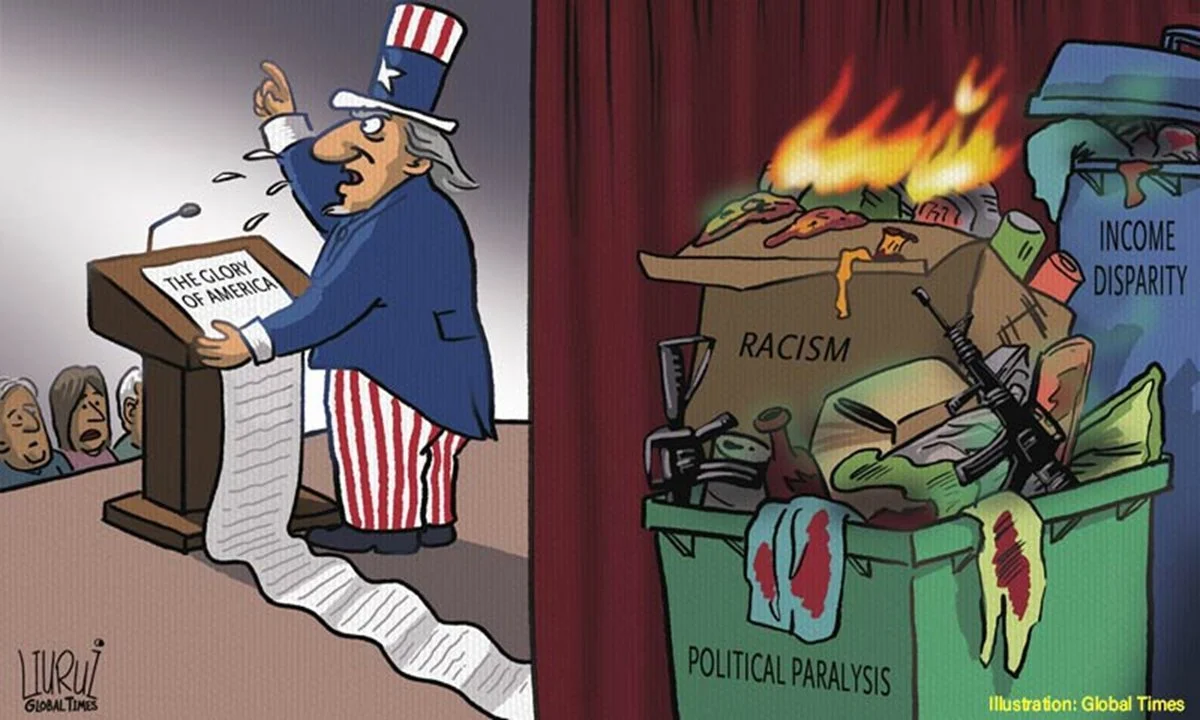America's Forgotten Children: No Child Left Behind
In the midst of an escalating drug crisis that is ravaging our nation and a struggling economy reminiscent of the Great Depression, we must not overlook the devastating consequences this has on our children. They are bearing the brunt of our country's misfortune and, in some instances, its inadequate leadership.
While the mainstream media extensively focuses on reporting about the ongoing war abroad, the fluctuating price of gasoline at different city locations, the financial struggles of big corporations and banks, as well as incidents of violence in various street corners and even real estate housing bubbles, there seems to be a significant oversight when it comes to shedding light on the lack of rights experienced by both women and laborers from impoverished third-world countries. Furthermore, what about those millions of children who live in poverty? These innocent children are often forgotten or ignored despite residing just a few blocks away from Main Street, USA. There are no news trucks or broadcasters present to cover their stories while they endure crimes, violence, neglect and abuse within what should be their safe havens – their own homes.
Instances of the following narrative occur with alarming frequency, though many are reluctant to acknowledge or confront it. Society often urges us to prioritize the comfort of those who choose the “luxury of” ignorance over engaging with issues related to child welfare and social justice. In most social circles, broaching such topics is seen as uncouth as the topic alone forces individuals to confront and grapple with their discomfort in recognizing their own complicity in perpetuating a system that neglects the most vulnerable. These individuals pacify themselves by claiming helplessness, convincing themselves that they are incapable of making a difference for those in need.
Exposure to substance abuse, inadequate housing, lack of financial stability, health issues, parental incarceration, neglect, and various forms of abuse are only a few of the major issues concerning these children. Unfortunately, the majority of these children endure at least two or more of the aforementioned injustices.
The devastating consequences resulting from such circumstances and experiences have a profound and long-lasting impact on their lives that is often irreversible, undoubtedly shaping their character to some degree.
Inevitably these perpetuating factors and conditions they create, the actions they perpetuate, will not only harm the children exposed but also will cause great harm to our society as a whole. Obviously this is due to the fact that these very same children will surely grow up to become the next generation of adults in our nation.
Therefore, it is imperative that we address and take action to rectify these issues in order to protect both the present well-being and future prospects of these vulnerable individuals.
Consider the following…
At 6 pm on Thursday evening, as John and Jane Smith sit down to enjoy a meal of meatloaf in their comfortable suburban home, just a short distance away, another child is going hungry once again. This heartbreaking situation is the result of his parent or caretaker prioritizing drugs over providing nourishment for their child. In an effort to address such dire circumstances, food stamps were implemented with the intention of preventing situations like these. However, they have now become highly sought-after in the dark underbelly of drug society. They are treated as valuable commodities and frequently exchanged for drugs instead of being used to alleviate hunger and suffering.
If such inequities can be allowed to develop and become complete normalcy in the lives of these vulnerable, voiceless children,then where are we, as a country with our heads turned, headed as a whole?
During my recent visit to a mobile home park situated on the outskirts of Tampa, Florida, I was confronted with a distressing reality. This particular community had gained quite the reputation for its high prevalence of residents struggling with drug addiction. What struck me even more was the fact that many of these individuals were young and had fallen victim to the insidious grip of the ever-growing opioid crisis. Shockingly, it seemed that even Hillsborough County child services had turned a blind eye to the multitude of children residing in this hazardous environment, where their parents and other family members were gripped by substance abuse. Driven by curiosity and empathy, I felt compelled to meet these resilient youngsters and delve deeper into their harsh realities.
Upon my arrival and while still familiarizing myself with the surroundings through a conversation with the on-site property manager, I swiftly realized that I was immediately surrounded by a group of children. They swarmed around me like buzzing bees, exuding an infectious energy that thankfully lacked any stinging sensations. My instinct as both a mother and someone who was once a child myself told me that these children had clearly been deprived of attention and entertainment for quite some time.
Once the initial excitement subsided, we gathered in a circle on the grass and engaged in conversation about their school experiences, favorite classes, preferred songs on the radio, and beloved activities. The girls proudly demonstrated their skill at weaving intricate multicolored yarn bracelets while the boys eagerly competed for attention as they boasted about their impressive bicycle tricks.
Despite any preconceived notions that may arise from their unfortunate circumstances, I discovered that these children, despite their challenging upbringing, were gentle, vulnerable, and kind-hearted individuals. They did not exhibit any signs of cynicism, vulgarity or rudeness that one might anticipate from children in such situations. This realization sparked a glimmer of hope within me as I hoped fervently to avoid encountering deeply distressing circumstances where my ability to help would be limited.
As young boys often do, and despite finding it endearing, I suppressed my smile when two of the boys in the group made a blatant effort to impress me by engaging in a physical altercation. Within moments of their "fight" commencing, my stomach churned with discomfort and a pang of pain washed over me. The smile I had tried to conceal quickly transformed into a frown as I came to the realization that this was not your typical rough-and-tumble play fighting that is commonplace among boys their age. Instead, it became evident that they were genuinely trying to assert dominance over each other, accompanied by hurtful remarks exchanged amidst their struggle in the dirt. The volatile nature of their interaction was unmistakable, permeating with undertones of abuse within the words they hurled at one another.
In a truly astonishing turn of events, the charming young boy with blond hair managed to assert his dominance over the taller, unkempt-haired boy. I stood there, utterly incredulous, as this small but now intimidating figure loomed over the larger one who lay sprawled on his back in the dirt and scattered gravel. Looking up at his conqueror from that lowly position, fear seemed etched onto his freckled face: squinting eyes and a slightly parted mouth frozen in terror. Witnessing this sudden transformation from carefree laughter to paralyzed apprehension was nothing short of surreal due to its drastic contrast.
It was as though a switch had been flipped within the blond antagonist's mind. Slowly but surely, he emerged from what appeared to be a state of trance or blind rage. The cold fury that had consumed him began to dissipate before my eyes; he physically shook it off like an unwelcome burden. The blankness vanished from his gaze as he reclaimed his amiable nature once more.
This scene serves as an undeniable testament to the power dynamics at play among these young individuals—a glimpse into their complex internal worlds where vulnerability can swiftly transform into aggression and vice versa. It is through such moments that we are reminded of both our shared humanity and society's responsibility to protect those who find themselves on either side of such harrowing encounters.
The entire situation was rather jarring, but more than anything, it was deeply disheartening. As I observed these children, it became painfully evident that they had either witnessed or personally experienced this violence before. They seemed far too comfortable imitating it, as if it were a natural and accepted part of their lives. Even the girls who sat beside me in the grass remained silent, their faces void of emotion as they focused on braiding their colorful yarn bracelets.
A wave of unease washed over me suddenly, followed by guilt for feeling repulsed by their violent behavior. Without thinking, I mustered a polite smile and hastily excused myself from their presence.
Peering through the misty, undersized window of the vacant trailer where I sought solace to recompose myself and write a few notes, I witnessed an unsettling scene. There, the same blonde haired boy with the sweet green eyes caught my attention as he aimlessly pedaled his bicycle in a slow circle. The unmistakable signs of boredom etched across his face: parted lips contorted into a scowl, distant anger simmering within his gaze, creased brow furrowing with frustration. It became apparent that his mind had wandered far beyond this small space.
As time passed, however, something changed within him. An air of menace began to emanate from the boy's demeanor. In that momentary pause for reflection, it struck me how unjust it was for someone so young to harbor such deep-seated pain and rage. Questions swirled in my mind about the origins of this intensity but I quickly dismissed them; some answers are better left unexplored.
From that glimpse into a troubled soul's existence through that foggy windowpane came an overwhelming sense of empathy mixed with urgency – an urgent need to unravel the complexities surrounding this child's anguish and advocate for justice on behalf of those who suffer silently.
Without prior thought or hesitation, I began an instinctual prayer. I prayed that he could be just another normal child, with althe possibilities and opportunities ahead of him in life. I prayed that he beat this place, that he overcomes everything he has ever faced, and that he does not become another statistic, hardened by poverty and packaged by the seedy characters that surround him, molded into just another troublesome child or juvenile delinquent who never stands a chance. He was more than all of that; I could see it in him. Maybe he could see it too - perhaps that was the reason for his anger. I shook my head again, as I did not want to think about it; a small feeling of shame waved through me. I could not stand the helplessness and anger that it brought to my heart.
Undoubtedly, although I hold the belief that an individual's upbringing or family background does not dictate their future trajectory in life, upon closer examination, I find it necessary to inject a dose of realism and inquire: What proportion of children born into such abject poverty manage to break free from its grip and forge improved futures for themselves?
It is not as if many of them are exposed to anything further than the life into which they are born. It is as if they are chosen by these awful tribes and held captive; until it is too late, they have gone through all of the rites of passage and grow from a child into a tribesman of the same awful nature. Never once given the choice or a chance for something more or better or just something different.
The President of the United States consistently emphasizes that our children represent the future leaders of our nation. This statement holds undeniable truth, as it is a logical inevitability. However, we must question which specific portion of America's children he is referring to while we passively stand by, nodding in agreement. We may occasionally donate used books to libraries or contribute a small sum at grocery store checkouts, convincing ourselves that these acts make us unsung heroes in America. Yet, when considering the overall issue at hand and including our country's leaders in this evaluation, what tangible actions are being taken to truly address this situation? How much longer will our indifference persist?
The unnoticed issue at hand involves a significant number of American children who are being neglected by their underpaid educators. These teachers have given up on instilling important skills such as reading, writing, and math in their students, instead passing them along to the next grade just to maintain a satisfactory pass/fail ratio. This practice is motivated by the teachers' desperate need for a meager salary increase. It is crucial that we address this situation promptly because it has been proven that a lack of education contributes greatly to the prevalence of violence and crime in our society today. How can we claim to be "America the Great" when we allow such unjust and immoral actions to persist? It is imperative that immediate action be taken to rectify this troubling state of affairs.
When did America transform into a nation driven solely by numbers, consumed by greed and capitalism? It is disheartening to consider the possibility that we have abandoned our higher intentions and moral values in order to maintain a leading position, striving for maximum power both politically and economically. It seems as though we are so focused on "winning" the race that we have turned a blind eye to the well-being of our own citizens - the same individuals whom our Democratic society has pledged to protect and support. Bearing witness to the vast extent of poverty, coupled with our apparent lack of effort in addressing it, leaves me with a profound sense of disappointment. America is failing in its commitment to fulfill its promises to its people, resulting in dire consequences.
The audacity to eliminate prayer from public classrooms has stirred outrage and offense among millions of Americans. These individuals vehemently argue that America's foundation rests on Christianity and its values. However, it is highly unlikely that these very same people To be found with those John 3:16 picket signs, standing up for these children, who are their own children's classmates and peers, protesting their continued abuse and neglect with the same conviction they display when defending their religious beliefs. Instead, more often than not, they timidly avert their gaze, Opting for the perceived luxury of ignorance, telling themselves that it’s not their business, there's nothing they can do about it, before looking the other way. Choosing to remain silent in the face of such obvious abuse and unjust terrors suffered by these innocent souls who are also God's children. This juxtaposition of attitudes is truly disheartening.
In light of the distress faced by numerous abandoned children who are either ignored or overlooked, it is disconcerting to think that for more than a hundred years, countless children must have felt invisible or excluded during their daily recitation of our country's patriotic commitment, that being, The Pledge of Allegiance. It can only be assumed that a seed of doubt would have been sown as their small hands rested on their hearts while they spoke the words of an unkept vow.
“…With liberty and justice for all.”

